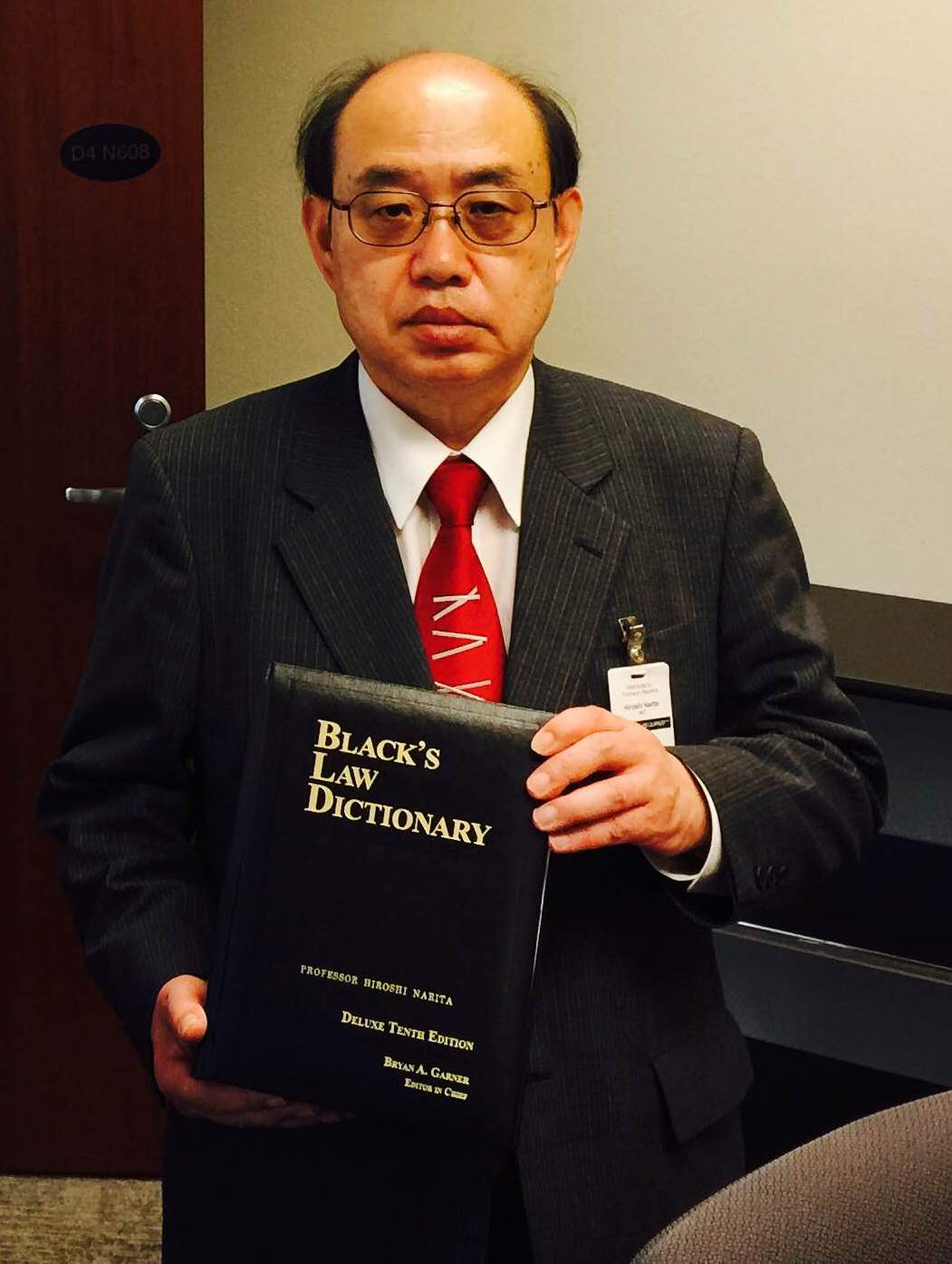Promoting the Rule of Law by Telling the Story of West Publishing and Thomson Reuters

The following post was written by Chang Wang, chief research and academic officer, Thomson Reuters.
In 2000, Professor Hiroshi Narita, then a professor at Tohoku-Gakuin University in Japan, visited Thomson Reuters in Eagan, Minnesota. As a law professor and legal historian, he was very interested in the history of West Publishing. During the next 15 years, he published more than 12 academic articles on West Publishing and is completing a book on the subject.
On September 4, Professor Narita, now a professor of law at Seijo University in Tokyo, revisited Thomson Reuters in Eagan and was again warmly welcomed by Thomson Reuters colleagues. He met with senior editorial and technology executives, spent time with their law librarian and rare books collection, and toured the manufacturing facility where 50 million law books are printed each year.

Professor Hiroshi visits Thomson Reuters. From left to right: Scott Augustin, Professor Ryan Greenwood (University of Minnesota Law School), Professor Hiroshi Narita; Tom Leighton, David Spencer, Patty Larson, John Elstad
When asked about the reason a Japanese law professor who lives in a civil law jurisdiction is so passionate about American law and the history of West Publishing and the Legal business of Thomson Reuters, Professor Narita answered: “General MacArthur played a key role in post-war Japan. In fact, the Japanese Constitution was drafted at the direction of General MacArthur and followed the principles of American democracy and the rule of law. Even though Japan is traditionally a civil law country, American law has shaped the Japanese legal system a great deal since World War II. Precedents are becoming more and more influential.
“As a law professor teaching contracts, torts, and procedural law, I need to tell my students the story of American law,” Professor Narita continued. “I found the history of West Publishing largely reflects the development of American law in the past one and a half centuries. I want to teach American law and promote the rule of law by telling the story of West Publishing.”